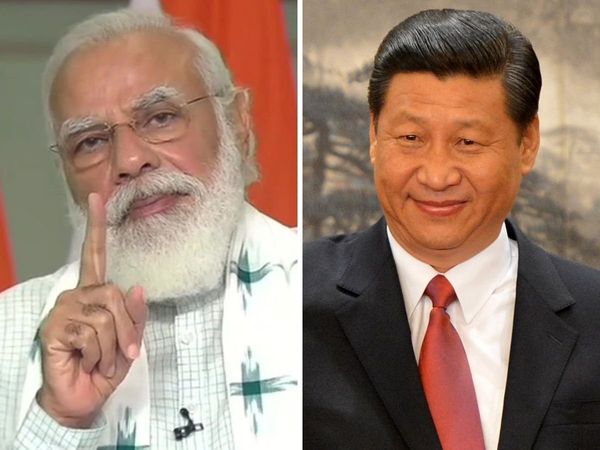
SOURCE: TIMES NOW
The joint statement and five-point consensus reached by both Chinese and Indian foreign ministers in Moscow marked a substantial step in cooling down the current border situation, however, the Chinese side said that the joint statement may end up as paper talk.
“The joint statement and five-point consensus reached by both Chinese and Indian foreign ministers in Moscow marked a substantial step in cooling down the current border situation, exceeding the expectations of most international observers, Chinese mouthpiece Global Times reported. It, however, added that the successful implementation of the joint statement depends on whether the Indian side can truly keep its word.
“Given the country’s history, it is possible that the joint statement will end up as mere paper talk,” the report said.
‘Words are not enough’
Chinese journalist and editor of the Global Times Hu Xijin had recently said, “Only a strong military can wake up a sleepy India, words are not enough.”
In the five-point consensus, Chinese foreign minister Wang Yi and India’s EAM Jaishankar agreed that both the countries should follow the guidance of the consensus reached between leaders of the two countries, including that divergence should not be escalated into conflicts.
“The current conflicts in border areas do not serve the interests of either side. The border troops of the two countries should continue their current dialogue, disengage as soon as possible, maintain necessary distances and ease the current tensions,” the statement read.
China’s deception should stop
Meanwhile, Russia’s Foreign Ministry said it hoped China and India would find a solution as soon as possible to de-escalate renewed tensions on their disputed Himalayan border, the Interfax news agency said.
From the 1962 Sino-Indian War to Galwan Valley clash, China’s behaviour stands on a solid plank of deception. While it expects India to walk the talk by working towards the status-quo, it keeps on deploying its notorious “salami-slicing” strategy all along the LAC.
While India has strongly raised the deployment of a large number of troops and military equipment by China along the LAC in eastern Ladakh, it has also conveyed to Beijing that the recent incidents in eastern Ladakh have impacted the development of the bilateral relationship between the nuclear-armed neighbours.






